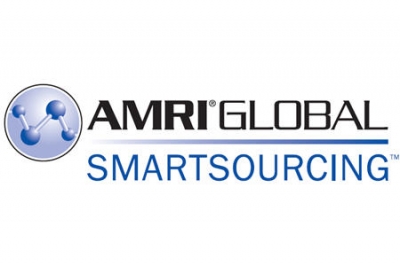What are the differentiating factors that enable efficient and rapid process development, optimization of reaction conditions and scale-up of materials for preclinical trials or large-scale manufacturing?
The need for rapidly providing active pharmaceutical ingredients (API’s) for use in toxicology studies or for first in human clinical testing is becoming de rigueur in the pharmaceutical industry. The need to accelerate programs to quickly gain important biological read-outs or kill programs quickly to prevent overspending on doomed compounds is the driving force. As such, chemical development now resides on the critical path toward development of new medicines more and more frequently. A new skill is required to deliver to customers their compounds quickly while still maintaining quality.
This webinar will focus on the principle components of rapidly delivering API’s for preclinical and early clinical research. A key focus will be how to effectively use personnel and equipment to maximize productivity and reduce timelines. Finally we will discuss the pitfalls and the perils of scaling up too early and the need for process development that is ‘fit for purpose’ and delivers quality goods, suitable for use in preclinical and early clinical studies will also be examined.
Key to understanding this is how much chemical development is required and how are decisions made in regard to rapid response process development. Also covered will be how such process development has translated into small scale GMP manufacturing and beyond. The webinar will attempt to address this point too with judicious choice of examples.
Knowing how to perform rapid response process development and scale up processes quickly is quickly becoming a necessity, can you really afford to ignore the benefits of this knowledge?
Presented by
Charlie Montgomery,
Director Chemical Development
Charlie has been responsible for running AMRI’s Syracuse Research Center for the past 6 years. This facility was purpose built for and has been successfully executing rapid response process development and scale up projects for > 10 years. As a result of this experience he is ably qualified to discuss this type of work with the audience.




